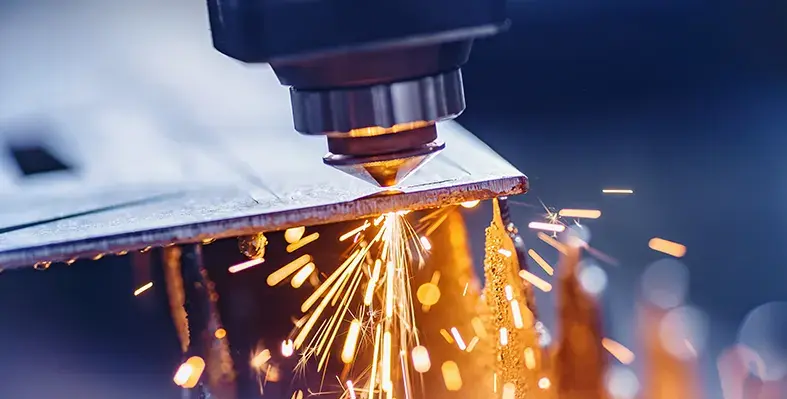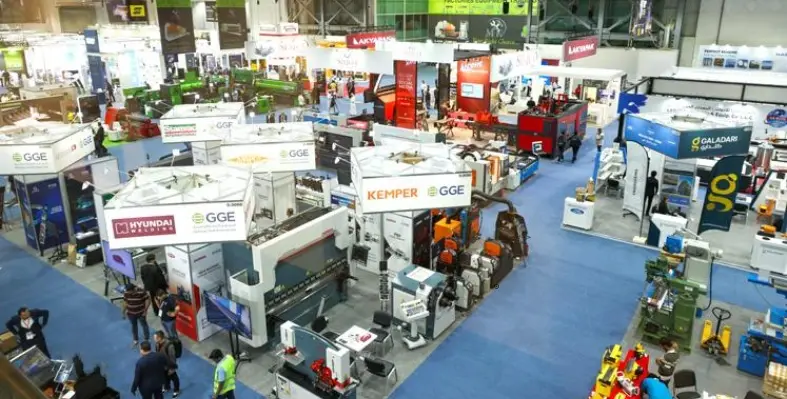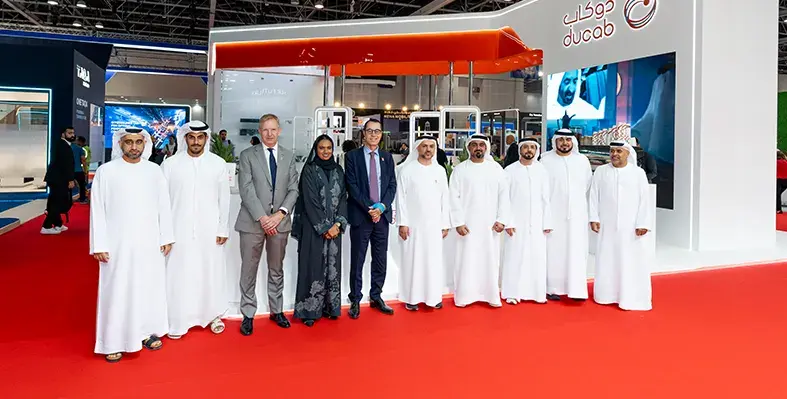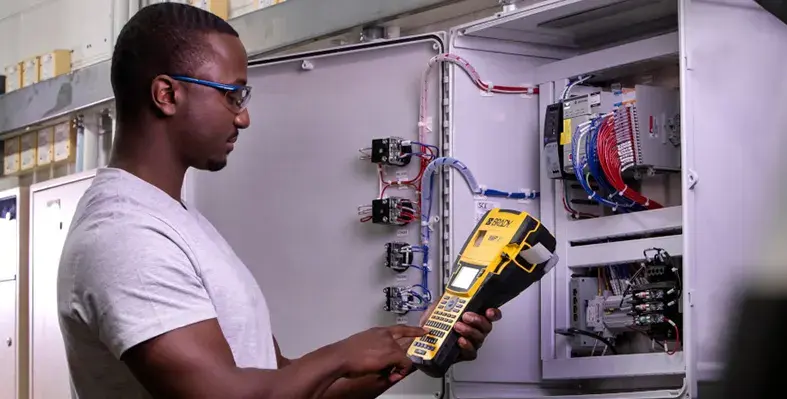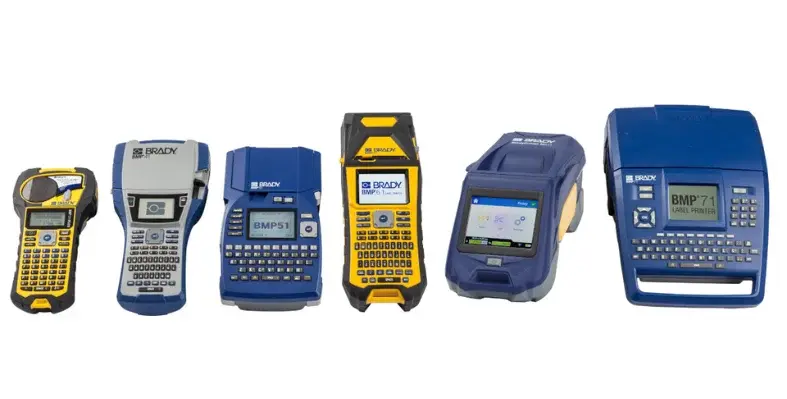Honeywell announced the launch of a new production line for its advanced handheld mobile computers, the ScanPal EDA57 and the CT47, at its facility in Dhahran, Saudi Arabia.
The launch marked a significant milestone in Honeywell’s localisation strategy, reinforcing its commitment to Saudi Arabia’s Vision 2030 goals by expanding high-tech manufacturing within the Kingdom and enabling faster delivery of critical industrial solutions.
The Dhahran facility served as a cornerstone of Honeywell’s regional operations and formed part of a growing local manufacturing base that also produced Honeywell gas detection systems. Fully equipped for assembly, integration and testing, the site allowed the company to produce and deploy its latest technologies directly from within Saudi Arabia, thereby enhancing operational agility, shortening delivery times and strengthening local technical support.
The ScanPal EDA57 was introduced as a rugged, high-performance handheld computer built for demanding industries such as retail, warehousing and field services. Featuring robust 5G and Wi-Fi 6 connectivity, advanced scanning functions and a durable design, the device was engineered to maximise efficiency for frontline workers across indoor and field environments.
Meanwhile, the CT47 — part of Honeywell’s Mobility Edge platform — was developed as an ultra-rugged mobile computer designed to meet the evolving needs of modern supply chains. With enterprise-grade durability, real-time inventory and order tracking, and extended software lifecycle support, the CT47 helped manufacturers, logistics providers and transport operators maintain visibility and control across operations.
George Bou Mitri, President of Honeywell Industrial Automation for the Middle East, Turkey, Africa and Central Asia, said: “This new production line marks another important milestone in our localization journey. By producing global renowned devices in Dhahran, we’re equipping Saudi-based industries with the tools they need to digitalize oper,tions, boost productivity and drive efficiency – all while creating in-country value and supporting the Kingdom’s industrial ambitions under Vision 2030.”
Honeywell’s ongoing investment in Saudi Arabia underscored its long-standing contribution to the Kingdom’s industrial development. With nearly half of its Saudi workforce composed of nationals, the company continued to focus on technology transfer, skills development and innovation. This approach reflected Honeywell’s commitment to nurturing local talent and delivering sustainable industrial growth from within the Kingdom.





